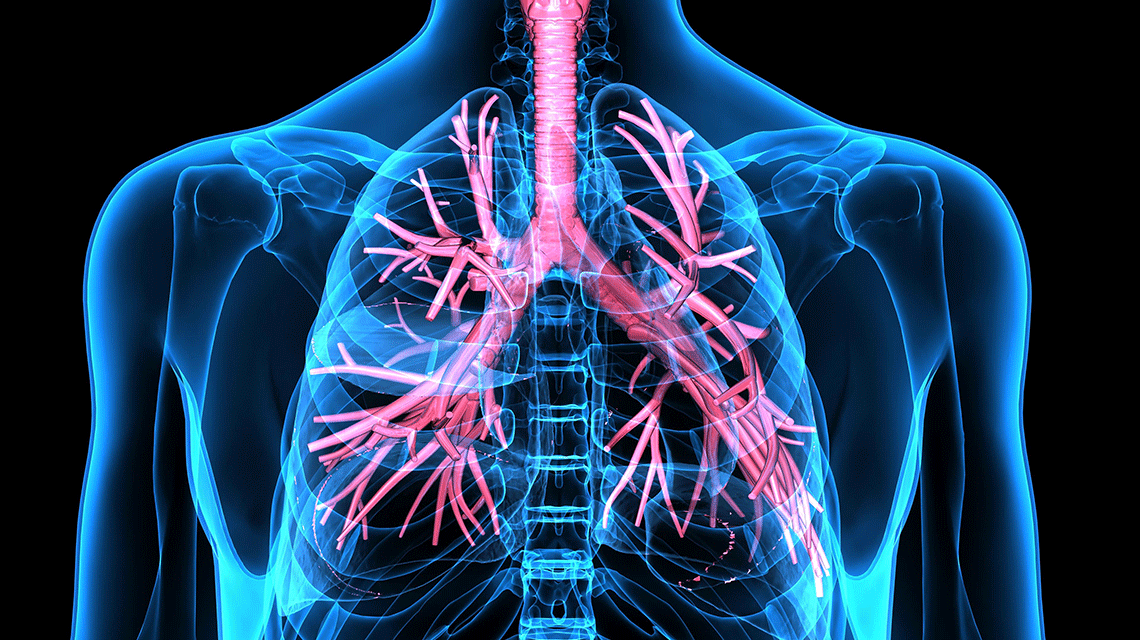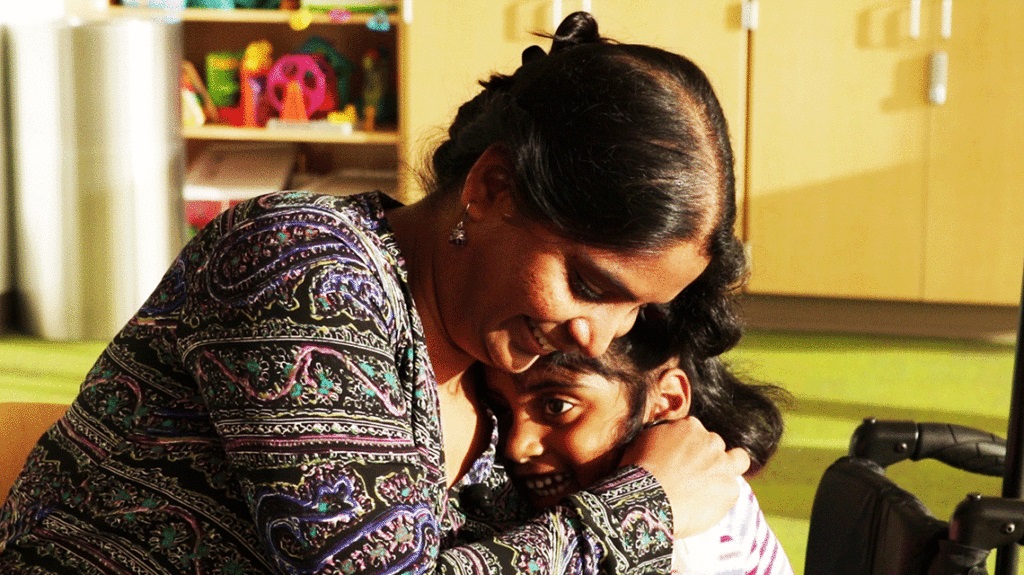Exploring Pediatric Diffuse Alveolar Hemorrhage: Causes and Outcomes
Exploring Pediatric Diffuse Alveolar Hemorrhage: Causes and Outcomes https://pediatricsnationwide.org/wp-content/uploads/2021/02/AdobeStock_126797930_lung-header-1024x575.gif 1024 575 Erin Gregory https://secure.gravatar.com/avatar/?s=96&d=mm&r=gIn a groundbreaking study published in Pediatric Pulmonology, Sarah P. Cohen, MD, MS, and Katelyn Krivchenia, MD — both from Nationwide Children’s Hospital — along with their team investigate diffuse alveolar hemorrhage (DAH) in children, a rare but life-threatening condition involving bleeding into the lungs. The study unveils the complex interplay of causes and outcomes associated…












